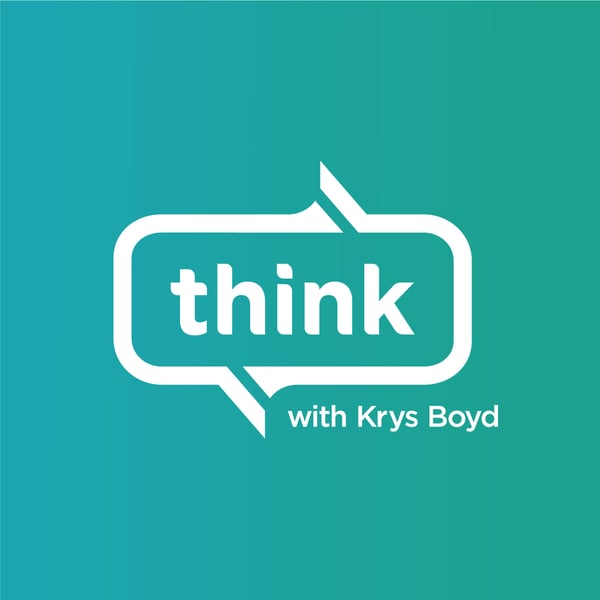A scientific guide to a better brain
KERA's Think
KERA
4.8 • 861 Ratings
🗓️ 6 March 2025
⏱️ 45 minutes
🧾️ Download transcript
Summary
The brain operates all of our thoughts, feelings and movements — and it also helps us adjust to a rapidly changing environment. This hour, host Krys Boyd is joined by three guests who will explain how we can regain our ability to focus and tame our overactive minds – plus we’ll learn all about the growing research into the many ways listening to music benefits our brains.
Transcript
Click on a timestamp to play from that location
| 0:00.0 | Your brain is a powerhouse. It connects with other organs in your body to make you function. |
| 0:16.0 | But what happens when your brain isn't working to the best of its ability? And it starts to feel like you are running on empty. |
| 0:23.2 | Some of us handle stress better than others based on our genetics, our upbringing, or our current place in life. |
| 0:29.0 | Some have it easier than others. |
| 0:30.7 | But everybody faces challenges. |
| 0:32.7 | Namely, how do we check all the boxes on our to-do list and still find time to recharge at the end of the day? |
| 0:39.4 | From KERA in Dallas, this is Think. I'm Chris Boyd. Today we are talking all about the brain. |
| 0:46.0 | Our desire to stay centered and focused and strategies we can practice in our daily lives to get there. |
| 0:52.3 | Later in the hour, we'll talk about how our brains respond to |
| 0:55.0 | stress, how we can maintain work-life balance, and we will hear how music might be the cure |
| 0:59.8 | for easing our busy minds. But first, we'll hear how we can find our equilibrium and why it |
| 1:05.9 | may be difficult to get there. Camilla Nord leads the mental health neuroscience lab at the |
| 1:10.7 | University of Cambridge, |
| 1:11.8 | and she is the author of the balanced brain, the science of mental health. She joined us in March |
| 1:17.6 | 2024. Camilla, welcome to think. Hi, Chris. It's great to be here. There are definitely relationships |
| 1:24.2 | between what our bodies experience and how our brains feel or what our moods are. First of all, |
| 1:29.6 | what do we need to understand about the difference between a mood and an emotion? So scientists |
| 1:35.1 | conceptualize emotions as the sort of things that you feel every day relatively fleetingly. |
| 1:40.9 | I felt angry in that moment. I felt sad in the next. I felt happy when that happened. It's often things that are consequences of other things. You can sort of pinpoint what happened and then how that led to an emotion. Whereas moods are in kind of underlying state. And you could be in a very low mood for a prolonged period of time and nevertheless, experience that mood as peppered with a few different emotions, maybe even happiness sometimes. |
| 2:09.7 | But it would still revert to that kind of attractor state of the low mood that you were in. |
| 2:16.3 | So the mood is sort of the background color on which |
| 2:19.6 | various emotional states can come and go. So good mental health, this is important, is not |
... |
Transcript will be available on the free plan in -26 days. Upgrade to see the full transcript now.
Disclaimer: The podcast and artwork embedded on this page are from KERA, and are the property of its owner and not affiliated with or endorsed by Tapesearch.
Generated transcripts are the property of KERA and are distributed freely under the Fair Use doctrine. Transcripts generated by Tapesearch are not guaranteed to be accurate.
Copyright © Tapesearch 2025.

